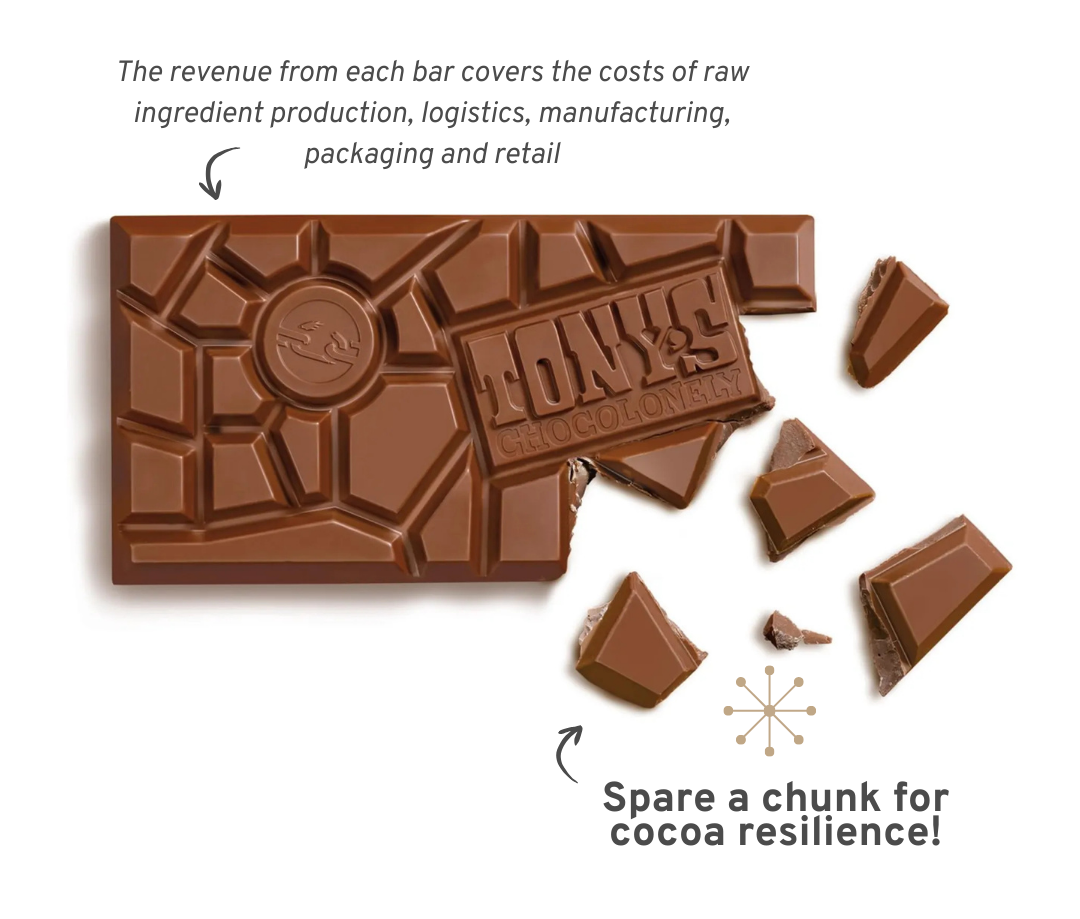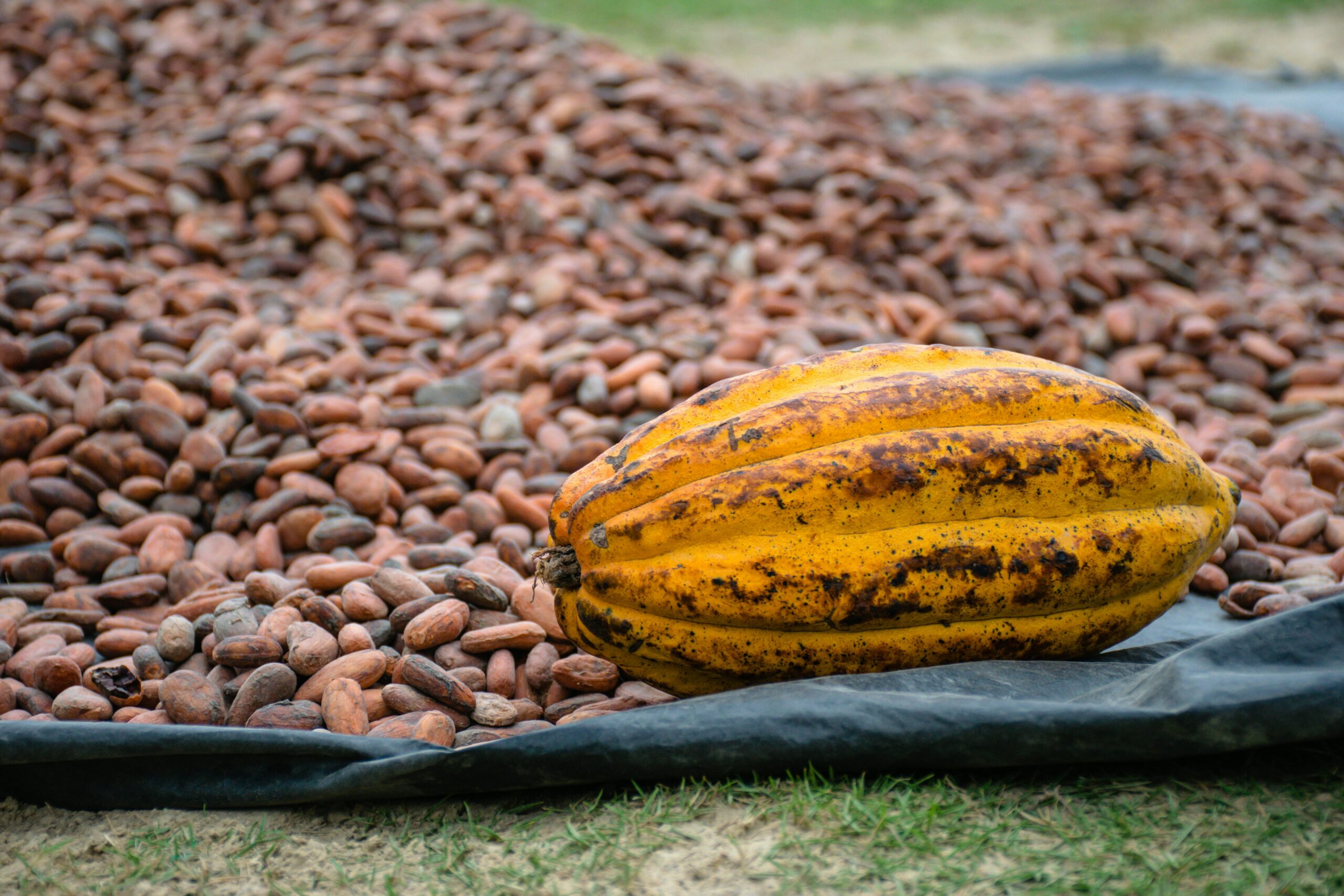The global market for chocolate is supplied by millions of mainly small-scale cocoa producers in a handful of tropical countries. Cocoa is an important cash crop for producer regions but accelerating climate change threatens the livelihoods of many cocoa farmers and the future of chocolate as we know it.

Note on image – we used this picture of a Tony’s Chocolonely bar as its irregular shaped chunks illustrate some of the uncertainties around estimating the costs of making cocoa production more climate resilient. Tony’s Cholonely have prioritised social issues such as child labour and fair pricing as part of their mission.
Researchers at the International Centre for Tropical Agriculture (CIAT) predict that increasing temperatures and more variable rainfall will cause parts of Côte d’Ivoire and Ghana, countries which together produce nearly 60% of the global supply, to become unviable for cocoa growing over the next 20 years. Most other areas will require adaptive measures to remain productive. This situation is being exacerbated by the loss of adjacent natural forests which help maintain suitable cocoa microclimates and habitats for pollinators.
This year cocoa prices surged to unprecedented levels, with climate related weather conditions and associated plant diseases foremost among converging factors, including historic underinvestment, high input prices, shipping congestion and investor speculation.
The cocoa industry has historically struggled to address child labour, farm gate prices that keep many farmers below the poverty line, and the encroachment of cocoa into natural forests. These issues are the subject of much discussion within the market and after many years it seems some progress is being made by a coalition of progressive cocoa companies and NGO’s, known as the VOICE Network.
A 2021 study found that as many as 58% of cocoa farmers in Côte d’Ivoire and Ghana remain below the World Bank’s extreme poverty line, and up to 90% do not earn a living income
However, climate change and the urgent need to adapt or transform cocoa farming systems represents an enormous challenge that could undermine progress on social and economic issues.
A Pathway to Resilient Cocoa
While the climate picture looks bleak, the market’s response to scarcity offers a ray of hope to those who invest in resilience oriented solutions.
Agricultural researchers have identified a range of interventions that can be implemented to adapt cocoa production systems to less predictable rainfall, heat stress and common pests and diseases. These include the careful use of shade trees, the planting of newer varieties, the appropriate use of pest and disease controls and the conservation of soil moisture through the application of organic matter.
Taken together these measures are sometimes described as “climate smart cocoa production”. They generally involve an investment of time and effort on the part of the farmer, and the costs also entail production that is foregone during the transition period, as new varieties and shade regimes take time to establish.
We estimate the costs of an effective cocoa resiliency programme is likely to be in the range of $3 to $6 billion per year over the next 10 years. Some of this may be generated from farmers who are benefiting from elevated prices due to scarcity but external inputs such as the production of new and improved planting stock, appropriate quality shade trees, training and support for pest and disease controls, soil improvement measures and the restoration of degraded forest landscapes will likely be essential accompaniments, that will require support and training agencies to be resourced.
This is a sizable chunk of the approximately $20 billion annual farm gate revenue taken by cocoa producers but is a more manageable portion of the much larger – roughly $80 billion value of the market for manufactured chocolate products. Furthermore, it is an essential underpinning of a global market experiencing an underlying growth rate of between 6 and 7% per year.
Richard Tipper – CEO Resilience Constellation, with input from Paul Temidayo – Independent researcher for Resilience Constellation

